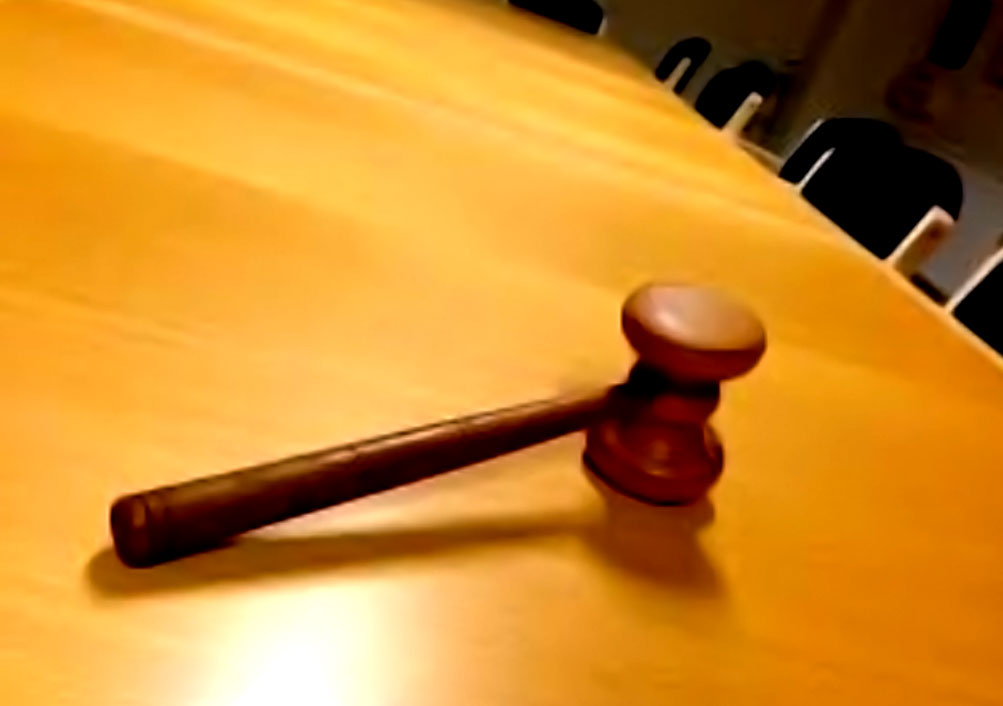Apex Court temporarily restores designation of senior advocate Yatin Narendra Oza; says if there is any infraction in his conduct, HC would be within its rights to withdraw indulgence

Read Judgment: Yatin Narendra Oza vs. High Court of Gujarat
Pankaj Bajpai
New Delhi, November 2, 2021:While granting one last chance to Mr. Yatin Narendra Oza (Standing counsel & President of the Bar Association of the High Court of Gujarat), by taking recourse to Article 142 of the Constitution, the Supreme Court has temporarily restored his designation as senior counsel for a period of two years from January 1, 2022.
A Division Bench of Justice Sanjay Kishan Kaul and Justice R.Subhash Reddy however observed that it will be for the High Court to take a final call whether behaviour of petitioner is acceptable in which case the High Court can decide to continue with his designation temporarily or restore it permanently.
The observation came in reference to a petition filed by Mr. Yatin Narendra Oza assailing an unanimous withdrawal of senior’s gown by a Full Bench of the Gujarat High Court.
It was urged on behalf of the Gujarat High Court that the petitioner does not seem to keep a balance between his role as a senior counsel and as President of the Bar Association and, thus, crosses the Lakshman Rekha repeatedly.
In the written note filed on behalf of the High Court, it was pointed out that the petitioner made certain utterances in 2006 against two named Judges, casting aspersions on their faith and their allegiance to the Constitution of India and the laws; claiming that they had instead mortgaged the same with the political powers that be at that time.
Even though the issuance of a notice of contempt against petitioner was finally expunged by this Court and his apology was accepted with an undertaking, which was reported in Yatin Narendra Oza v. Khemchand Rajaram Koshti and Ors., the petitioner wrote a letter to the Chief Justice of India making serious allegations against a senior-most Judge of the High Court in his capacity as President of the Bar Association, submitted by counsel on behalf of the High Court.
It was further contended that the petitioner then transgressed all limits by circulating the letter in the Bar Association’s WhatsApp group on June 8, 2020, three days after calling the High Court a “Gamblers Den”. The WhatsApp messages were circulated by holding a Press Conference, thereby making allegations of impropriety against the Institution of the High Court itself.
Accordingly, dual proceedings arose against the petitioner, i.e., one of contempt and the other of a notice as to why the privilege of the gown should not be withdrawn. The petitioner submitted an apology at the threshold in both these proceedings, however, the Full Court unanimously found his apology to be not genuine.
It was further urged on behalf of the High Court that there was no contrition or remorse prior to that and the apology was labelled as a repeated behaviour of what would amount to “slap, say sorry, and forget”. Since the statements issued by the petitioner caused huge damage to the Court and could not be repaired by the apology, the same was not accepted.
After considering the arguments and submissions, the Top Court observed that the fate of the petitioner is dependent on his appropriate conduct as a senior counsel before his own High Court, which will have the final say.
Although the Top Court granted one more chance to the petitioner, however it was clarified that the High Court which will watch and can best decide how the petitioner behaves and conducts himself as a senior counsel without any further opportunity.
At the end, the Apex Court also added that if there is any infraction in the conduct of the petitioner within this period of two years, the High Court would be well within its rights to withdraw the indulgence which is given for two years which in turn is predicated on the assurances given by the petitioner and his counsel for the immaculate behaviour without giving any cause to the High Court to find fault with his conduct.
Sign up for our weekly newsletter to stay up to date on our product, events featured blog, special offer and all of the exciting things that take place here at Legitquest.




Add a Comment